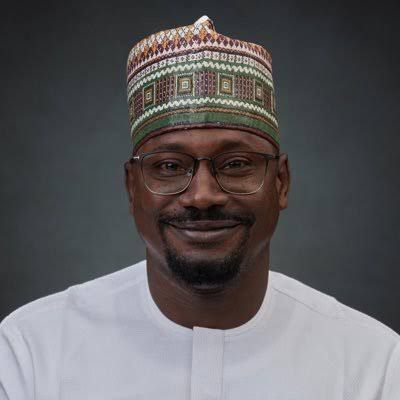The head of Nigeria’s Rural Electrification Agency (REA), Abba Aliyu, has stated that residents in many rural areas willingly pay high electricity tariffs, in some cases, exceeding the rates charged to “Band A” customers, to receive consistent power.
During an interview on Channels Television’s “The Morning Brief”, Aliyu noted that some rural communities are paying as much as ₦250 to ₦280 per kilowatt-hour, a price he attributed to the overall cost of the infrastructure installed by the REA.
READ ALSO: House of Rep calls for provision of specialised ambulances for hard-to-reach areas
“They pay for their electricity and they enjoy it,” he said, adding that other communities have lower tariffs depending on the project’s expenses.
He explained that the agency’s strategy involves using solar energy as a cost-effective method to provide electricity.
Aliyu also highlighted the agency’s work in deploying mini-grids and interconnected power systems at universities and hospitals nationwide.
Nigeria has long struggled with persistent power outages, a problem that has hampered economic productivity.
Despite the privatisation of the electricity sector, issues such as inconsistent policies, low investment, and operational difficulties continue to plague power generation and distribution.
Earlier in 2024, the Nigerian Electricity Regulatory Commission (NERC) approved a significant increase in electricity tariffs, raising the price from ₦66 to ₦225 per kilowatt-hour for certain customers.
READ ALSO: Naira Marley breaks silence, shares details about Mohbad’s mental health, royalties
This decision was met with widespread public criticism, particularly given the country’s difficult economic conditions.
The high costs of alternative fuels like petrol and diesel have further complicated matters for consumers.



